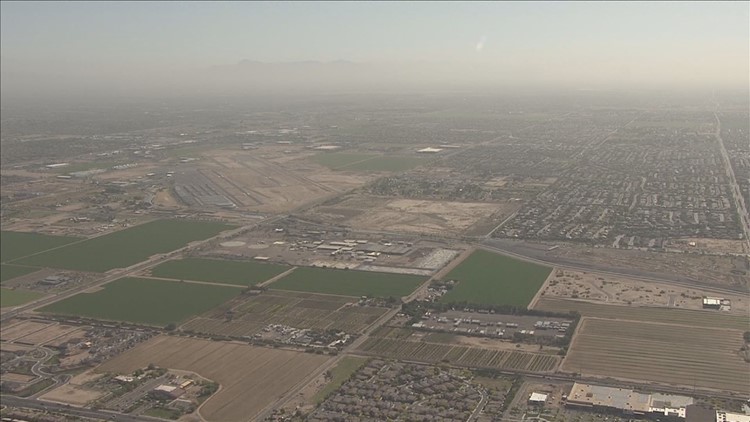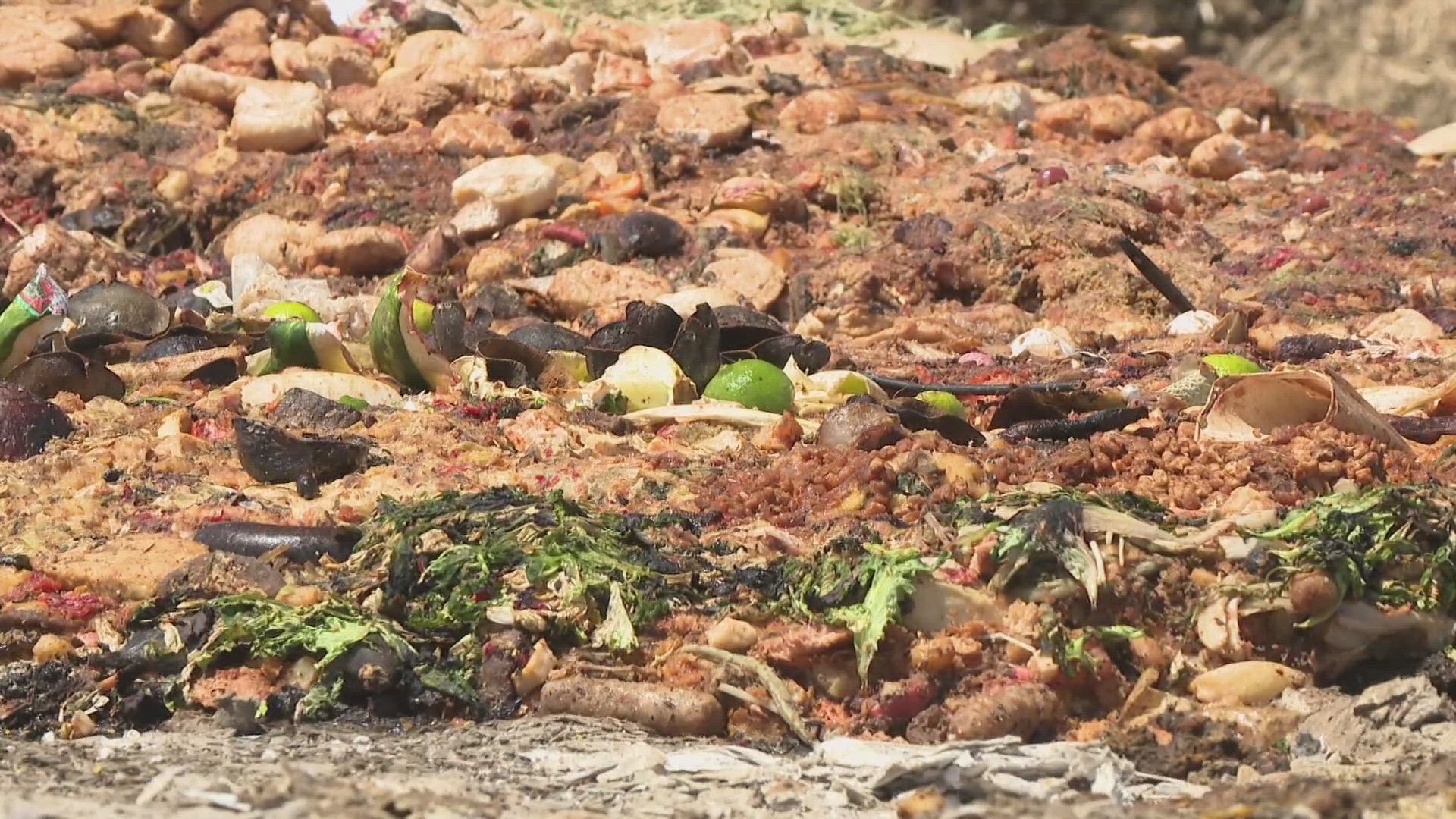PHOENIX — The Arizona Auditor General's performance audit on the Arizona Department of Environmental Quality alleges pollution control responsibilities were neglected and conflicts of interests within the department were ignored.
Despite the oversights, ADEQ was found to be overall beneficial to the public's health and safety, according to the report.
However, many recommendations were made to the department including increasing groundwater and pesticide monitoring, use of disclosure forms and IT security policies.
ADEQ said in a statement that they appreciate the Auditor General’s findings and take them seriously. The department identified shortcomings during a self-audit it provided to the Auditor General in 2020, according to a department spokesperson.
The department said it realized that it lacked the statutory funding authority to address certain shortcomings after their audit and "necessarily prioritizes its limited resources."
What is ADEQ?
On a broad scale, ADEQ manages the state's environmental laws to prevent pollution and enforce cleanup, according to its website. It has three environmental programs: Air Quality, Water Quality and Waste.
Its mission is "to protect and enhance public health and the environment in Arizona," the report highlighted.
To accomplish its mission, the department has seven core functions:
- Citizen Outreach
- Cleanups
- Compliance Management
- Financial Assistance
- Monitoring and Assessment
- Policy Development
- Pollution Control
What is a performance audit?
The Arizona Auditor General ran two performance audits on ADEQ: an overall performance audit/sunset review and a Water Quality Protection Responsibilities Audit.
The performance audit and sunset review focused on how well the department followed the state's policies and the need for the department overall.
Sunset reviews are run on government agencies when the agency is nearing its termination date.
Termination dates are normal. When legislation approves funding for an agency, they agree to provide the funding for a certain amount of years. When that time is up, the agency undergoes a sunset review to determine if it should be funded again, the director of the Performance Audit Division, Dale Chapman, said.
The Water Quality Protection Responsibilities audit focused only on the department's water quality.
Although ADEQ also focuses on air quality and waste, the state's Auditor General typically runs audits on areas where they can help agencies improve, Chapman said.
Water pollution control
The department did not maintain all of the required Aquifer Water Quality Standards (AWQS), according to the report.
An aquifer is a body of underground rock that holds groundwater, according to National Geographic. Some of Phoenix's water supply comes from aquifers, or underground water supplies, according to the city of Phoenix.
The department has not developed water quality standards for eight contaminants that present a threat to human health, according to the report.
Specifically, the report claims the department has not updated its water quality standards for arsenic to match the federal guidelines for 19 years.
The report goes on to say that arsenic is a contaminant that can cause skin damage, circulatory system problems and may even increase the risk of cancer.

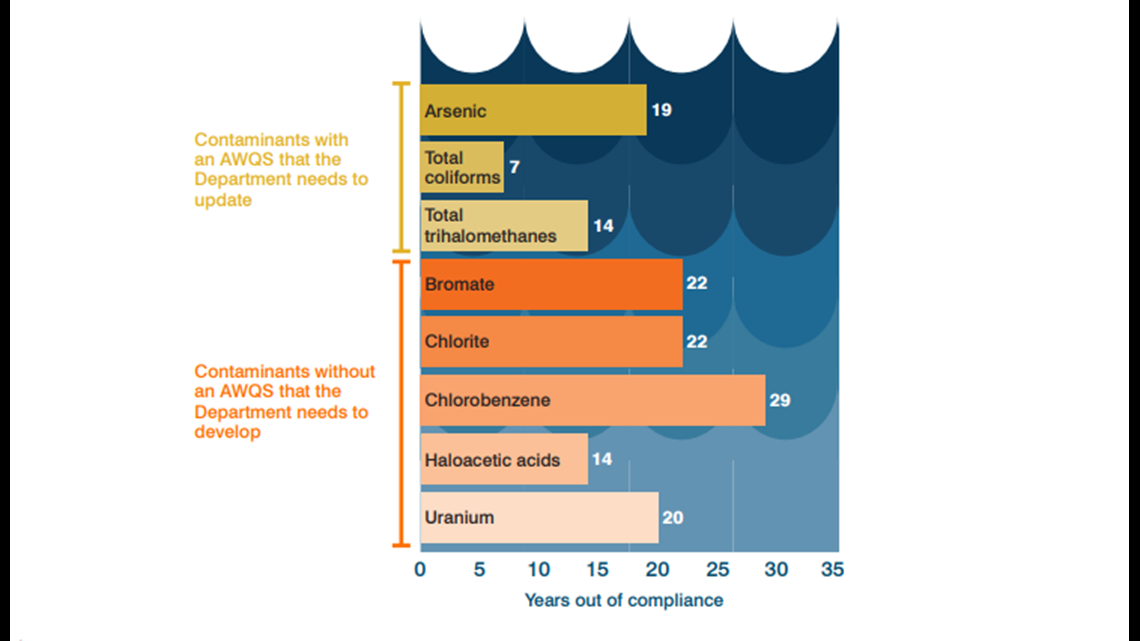
Additionally, it was reported that the department was not meeting its groundwater responsibilities because it wasn't monitoring and testing the water enough.
In fact, the ADEQ has not fulfilled key groundwater monitoring responsibilities since June 2017, according to the report.
It has not been tracking the presence of contaminants in groundwater, and therefore can't evaluate the effects of those contaminants on human health.
The department said that groundwater monitoring was neglected because they "prioritized addressing known public health problems."
The report added that the department also neglected to monitor pesticides in groundwater and surrounding soil.
Pesticides can reach groundwater and contaminate aquifers which can threaten human health and the environment.
"The department has not conducted this required monitoring since 2013," the report reads.
ADEQ said they prioritized prevention - upfront review and registration - of pesticides and resolution to known problems rather than monitoring pesticides in groundwater.
In 2016, ADEQ published a 20-year overview of ambient groundwater monitoring of over 1,700 sites sampled. Of the sampled sites, 115 were tested for pesticides and "no water exceedances were found."
Federal and state laws require ADEQ to develop plans to help repair damaged surface waters.
The report found that the department did not reduce the number of damaged surface waters, the number actually increased.
Surface water is any body of water above ground, like a lake or river.

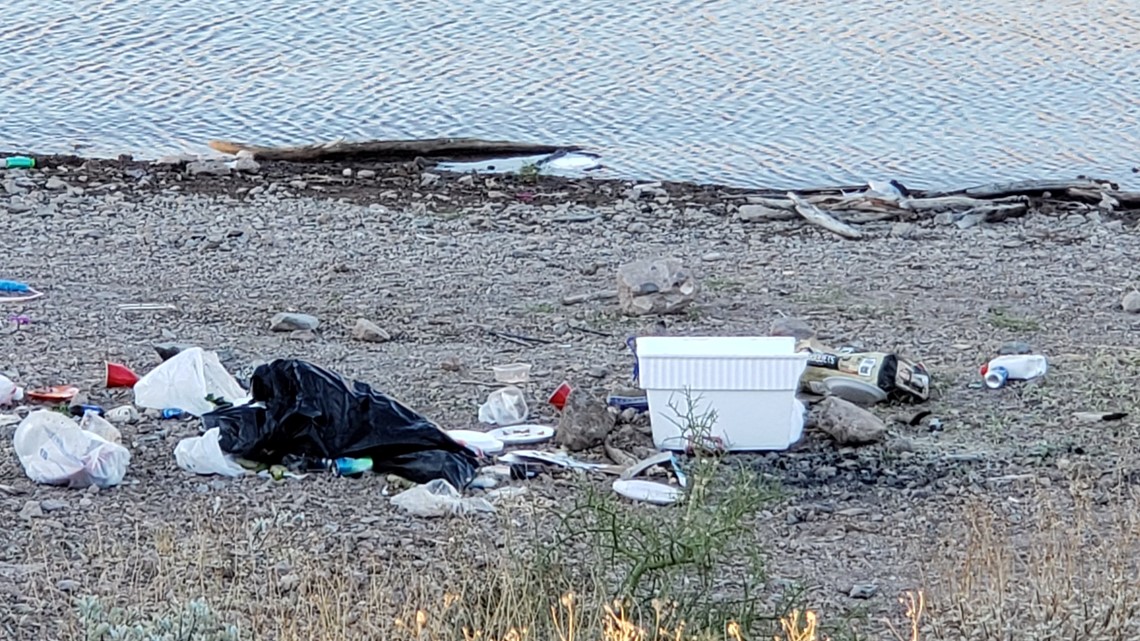
E. Coli and metals such as mercury and copper are the most common pollutants creating damaged surface water. These pollutants present risks to human health and the environment.
ADEQ has led projects to address point source and non-point source impacts to surface waters and invested in infrastructure to reduce human and animal waste water quality impacts, the department said.
Its projects have reduced the top three surface water contaminants reported to EPA by an estimated 94,000 tons, according to the department.
Since 2014, ADEQ has reduced the number of impaired surface waters by 31, but new impairments are being found at a faster rate than they are being fixed.
The department does not have a program to control nonpoint source discharges of any pollutant into open waters, according to the report.
Nonpoint source pollution is when contaminants are released in a wide area, making it difficult to determine a single point of release.
The department reported that it has not adopted nonpoint source pollution mitigation rules because it does not have the proper funding. It stated it will look for a funding source during the 2022 legislative session.
The report goes on to say the department lacks rules for waste facilities, such as requirements for storing, processing and treating solid wastes. The DEQ said it has not adopted these required rules because solid waste management is addressed at the local level.
While the audit identified issues, it also points out positive work the ADEQ has done:
- Increased permitting process efficiency, making sure the correct regulations were met
- Deployed a web portal in 2016 that reduces errors and identifies missing information in applications.
- Assisted in closing 1,200 leaking underground storage tanks that were releasing petroleum, according to the report.
- Helped more than 200 public water systems maintain safe drinking water regulations, providing water for 1 million people across the state.
How will water pollution affect my water?
Polyfluoroalkyl substances (PFAS) are a group of over 4,700 chemicals that are used in a variety of consumer products. They are sometimes referred to as "forever chemicals" because they build up over time and do not break down.
The CDC reports that these "forever chemicals" can increase the risk of cancer, health risks to pregnant women, and impacts infant development.
No federal or state-level drinking water standards in Arizona monitor PFAS.
The Safe Drinking Water Act gave the Environmental Protection Agency two years from March 2021 to propose federal drinking water standards, according to the report.
As of now, the timeline projects that states won't be required to regulate public water systems for PFAS until 2027, and as late as 2030.

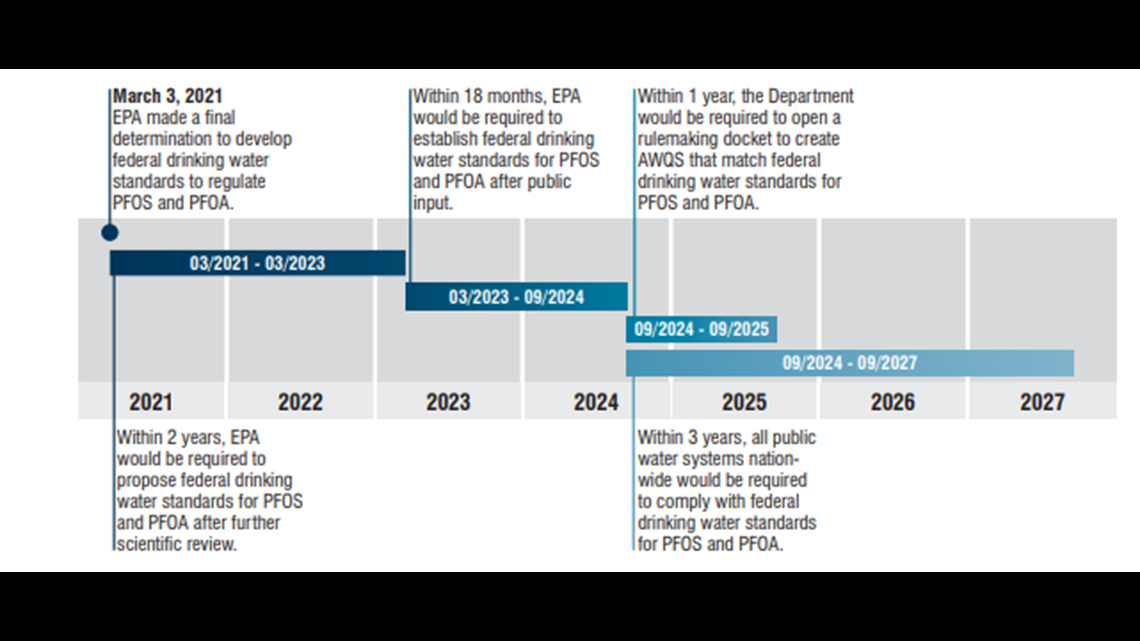
According to the report, 15 sites across Arizona have PFAS contamination above the EPA health advisory level, 10 of which were public water systems.
The department stated in the report that nine of the 10 contaminated sites are now providing safe water to the public.
The department has worked with public water systems and private well users to ensure safe drinking water for consumers. They have also enacted a pilot PFAS system to reduce contamination in groundwater, according to the report.
Conflicts of Interest
The department did not require that employees fill out a conflict of interest form when they were hired, according to the report.
When an employee is not required to fill out a conflict of interest form, they do not have to reveal substantial interests.
Substantial interests are financial or ownership interests that can affect decisions employees or public officers make.
For example, an employee may vote in favor of a new policy that bans salt pools and requires all pools to be chlorinated if they own part of a chlorine company.
Not only was the department failing to require employees to fill out these forms, but when a substantial interest form was filled out they provided the wrong form.
The form they occasionally provided did not include disclosures related to finances, according to the report.
Additionally, the department did not keep track of an employee's special interests when forms were completed.
They neglected to maintain a special disclosure file, the report said. Because they did not keep track of special interests, they were unable to provide information when requested by the public.
In May 2021, the department trained management on a new conflict of interest form. They will continue to provide training on conflict of interest procedures, according to the report.
Public Input and Communication
The department "generally" encouraged input from the public before adopting proposed rules, according to the report.
It communicated with the public by publishing notices of proposed rules and typically allowed the public 30 days to submit written comments after publishing a notice.
The notices included a statement detailing the impact to the public, staff contact information and a meeting location where the public could provide input, according to the report.
An example of a public notice could be a proposal to issue an air quality permit renewal for a certain county or new air pollution control rules.
The Auditor General recommended in the report that the department continues to ensure the public receives a full 30-day comment period and makes all public meetings available within three days of the meeting.
The report also found that the department responded to most complaints within the required five business days, and closed 24 of the 27 complaints reviewed within 180 days.
On the other hand, the department exceeded time frames to respond to most Vehicle Emission Inspection Program comments they received.
Key Changes for ADEQ
In response to the audits, ADEQ is devoting $200,000 to conduct ambient groundwater monitoring in 2022. It is devoting an additional $200,000 to monitor pesticides in groundwater, according to the department.
The funding will cover the cost of contract resources to monitor 67 locations across the state and 13 wells for all 101 pesticides on the Groundwater Protection list, the department said.
I-Team
Learn more about other 12 News investigations by subscribing to the 12 News YouTube channel and watching our I-Team playlist.


